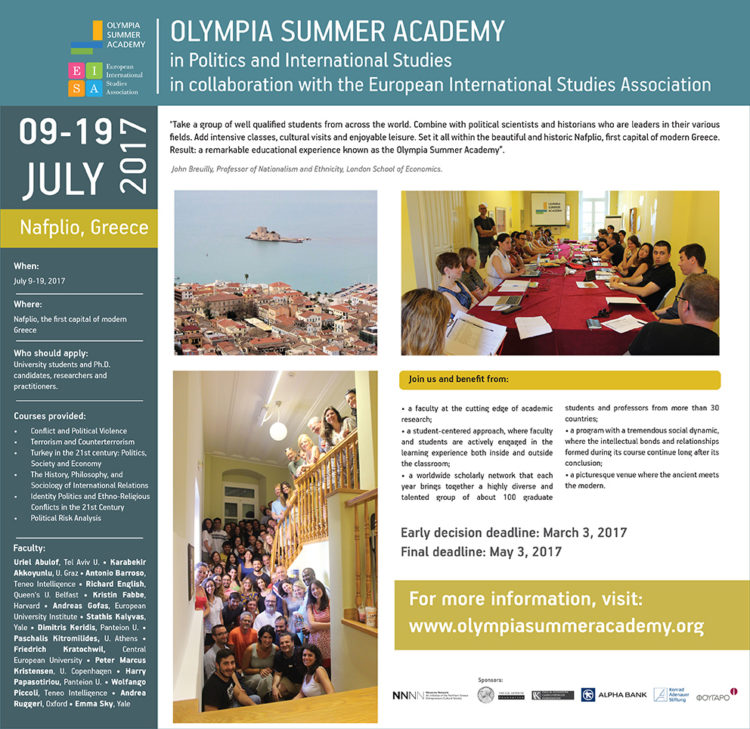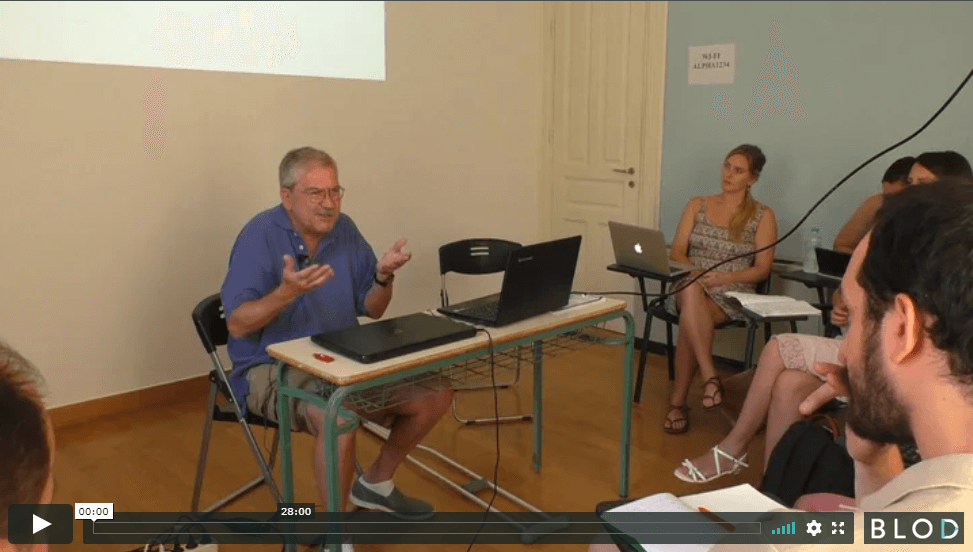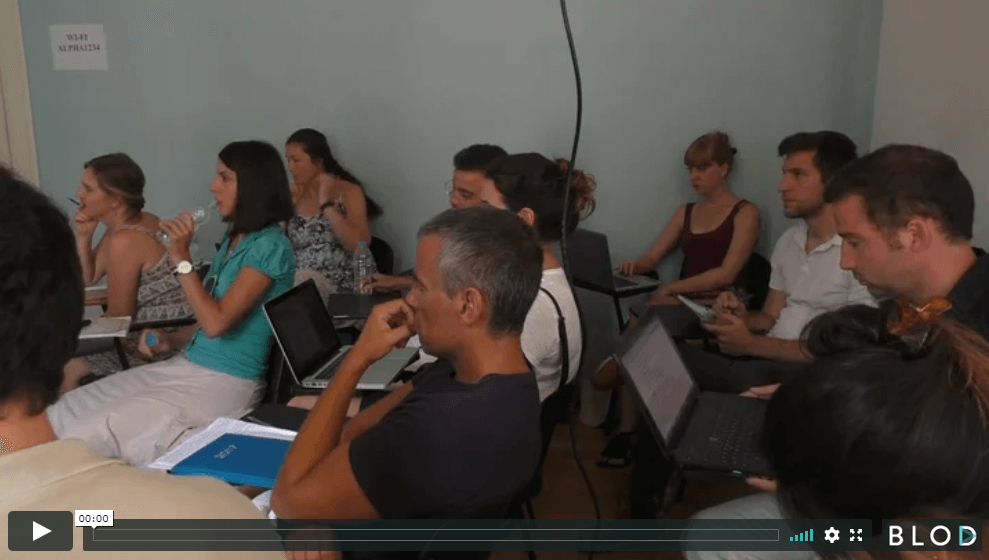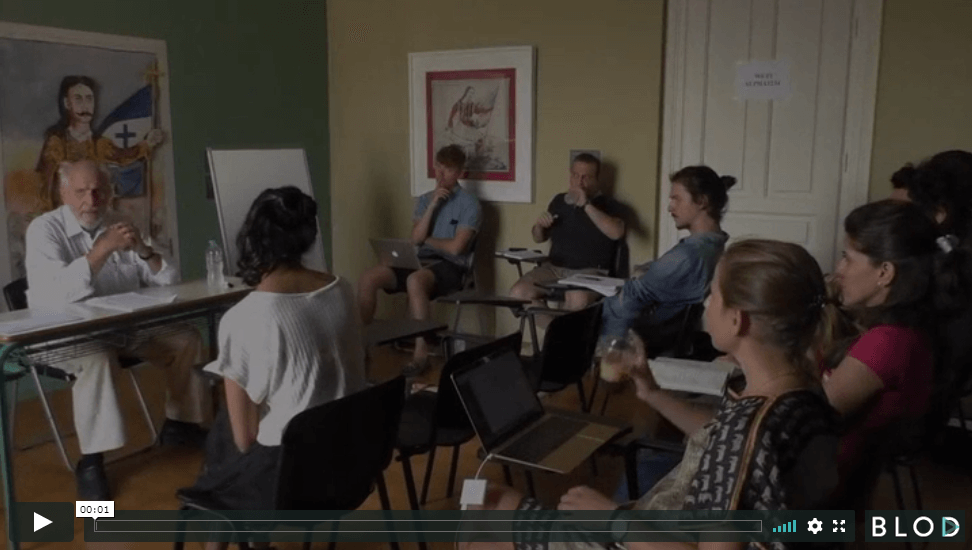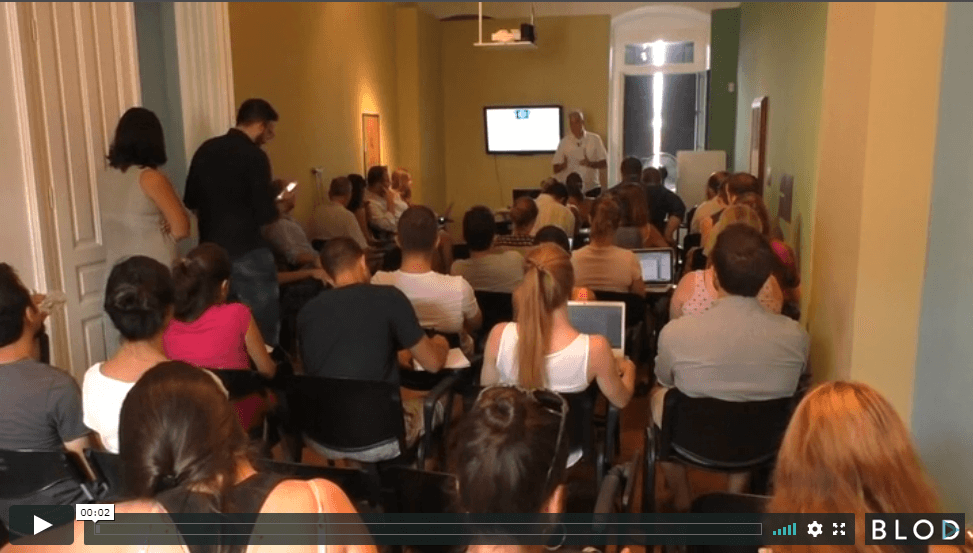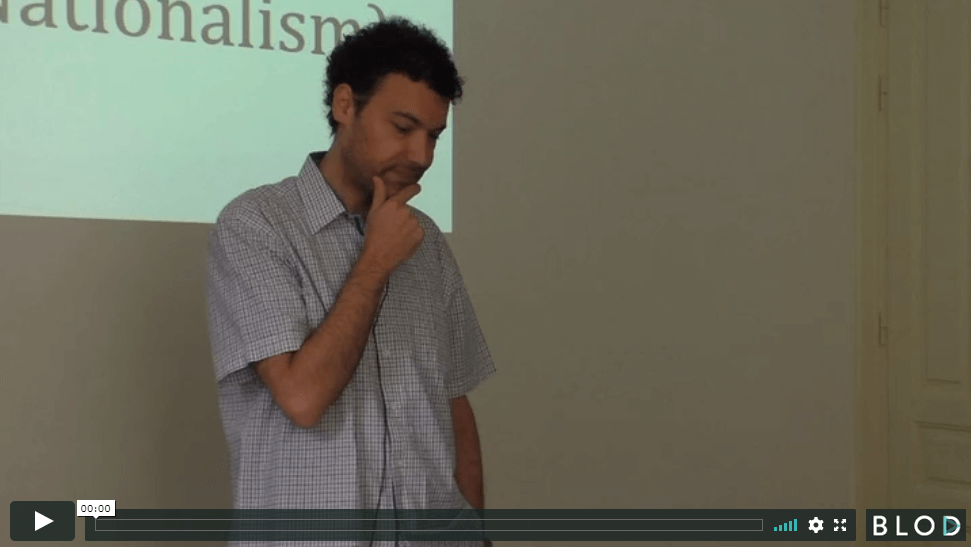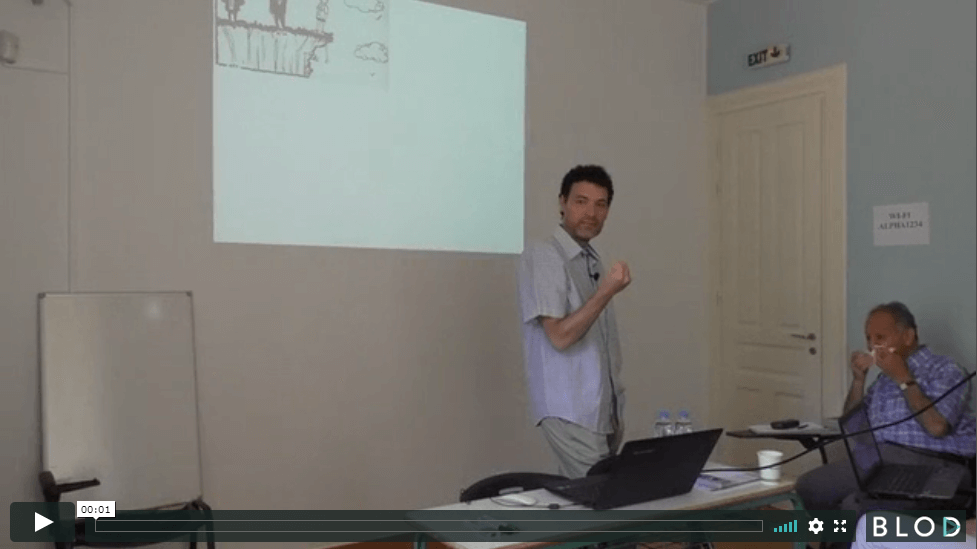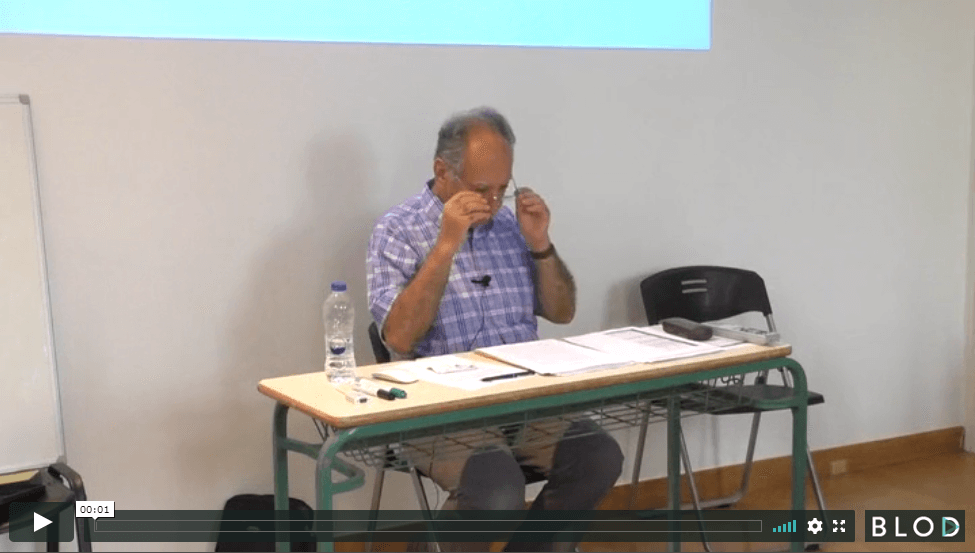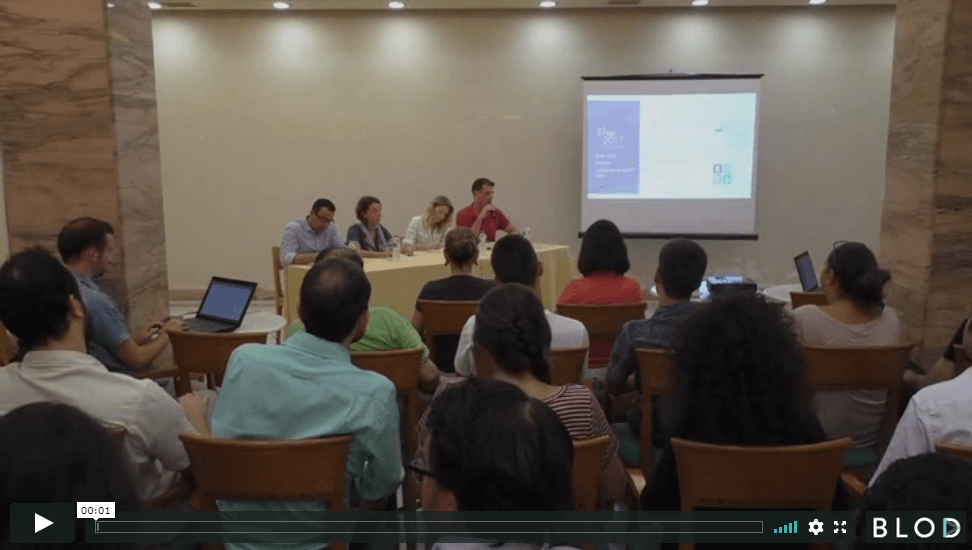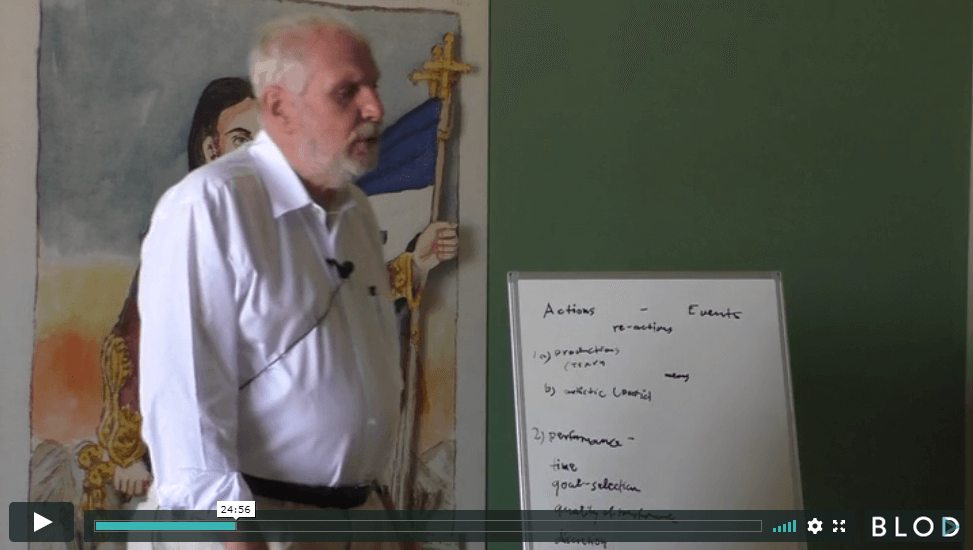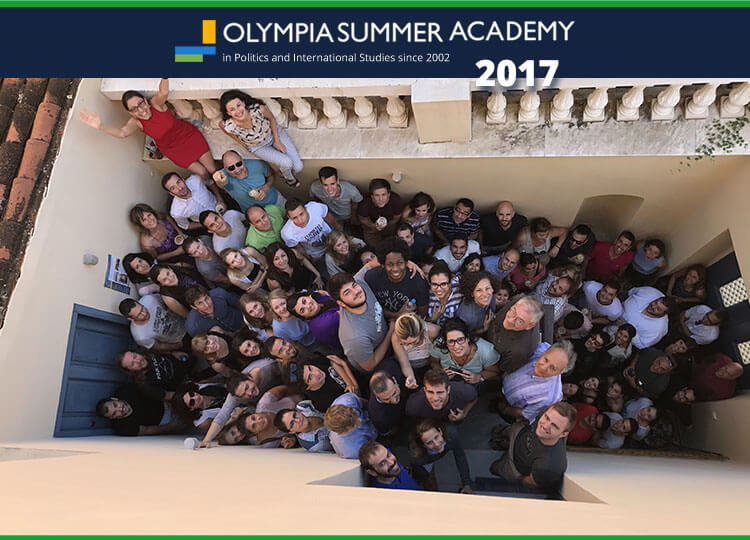
The Olympia Summer Academy (OSA) and the European International Studies Association (EISA) are pleased to announce a unique educational opportunity for graduate students, junior researchers and practitioners: the 2017 Olympia Summer Academy in Politics and International Studies. We’d be grateful if you were to share this information as widely as possible, especially with students with an interest in the subjects offered.
Courses, Dates & Venue
The Olympia Summer Academy will take place from July 9 to 19, 2017 in the picturesque seaport town of Nafplio, Greece. The six course cycles offered are: 1) Conflict and Political Violence; 2) Terrorism and Counterterrorism; 3) Turkey in the 21st Century: Politics, Society & Economy, 4) The History, Philosophy, and Sociology of International Relations; 5) Identity Politics and Ethno-Religious Conflicts in the 21st Century; 6) Political Risk Analysis.
Olympia Summer Academy | July 9-19, 2017
Nafplio, Greece
July 9-19, 2017
Cycle A: Conflict and Political Violence
The goal of this course is to review the most recent developments in the field of conflict and political violence. In exploring the intersection of large-scale collective action and political violence, we will draw from several fields of research and methodological approaches and we will examine a broad range of topics, including the causes and dynamics of civil war, ethnic conflict, mass violence, genocide, riots, and terrorism; the logic of rebel group formation, cohesion, and performance, and the dynamics of post-conflict violence, peacekeeping, and peace-building. Our geographic coverage will be broad, reflective of the faculty’s diverse expertise. An integral part of the course is a workshop where students can present their ongoing research and receive feedback from faculty and peers.
- Richard English, Pro-Vice-Chancellor of Queen’s University Belfast, where he is also Professor of Politics and Distinguished Professorial Fellow in the George J. Mitchell Institute for Global Peace, Security and Justice.
- Stathis Kalyvas, Arnold Wolfers Professor of political science, Yale University; Director of Yale’s Program on Order, Conflict, and Violence; author of The Logic of Violence in Civil War.
- Andrea Ruggeri, Associate Professor of International Relations, Brasenose College, University of Oxford.
- Emma Sky, Senior Fellow, Jackson Institute for Global Affairs & Director, Maurice R. Greenberg World Fellows Program, Yale University.
July 9-14, 2017
Cycle B: Terrorism and Counterterrorism
Terrorism, and our response to it, is among the most compelling of global political issues: it dominates news headlines, public anxiety, and political strategies alike. Yet few attempt to analyze systematically this pressing phenomenon. Surely, no amount of analytical precision will rid us of the existence of terrorism, but if we want to respond effectively to the policy challenge that it poses we need first to respond effectively to its analytical challenge. To this end, the course seeks to provide an overview of the state-of-the-art in the study of terrorism, while also debating whether there is a significant continuity or transformation in terrorist behavior. Topics that will be covered include: the place of terrorism within the broader context of political violence; the causes of terrorism; the inherent difficulties in defining terrorism and compiling reliable data on terrorist attacks; the distinction between ‘old’ and ‘new’ terrorism; the politics of terrorist risk perception; the global war on terror and counterterrorism. An integral part of the course is a workshop where students can present their ongoing research and receive feedback from faculty and peers.
- Richard English, Pro-Vice-Chancellor of Queen’s University Belfast, where he is also Professor of Politics and Distinguished Professorial Fellow in the George J. Mitchell Institute for Global Peace, Security and Justice.
- Andreas Gofas, Jean Monnet Fellow, Robert Schuman Centre for Advanced Studies, European University Institute; and Assistant Professor of International Relations at Panteion University of Athens.
- Stathis Kalyvas, Arnold Wolfers Professor of Political Science, Yale University; Director of Yale’s Program on Order, Conflict, and Violence; author of The Logic of Violence in Civil War.
- Harry Papasotiriou, Professor of International Politics, Panteion University of Athens; IIR Director.
July 9-14, 2017
Cycle C: Turkey in the 21st century: Politics, Society and Economy
Turkey continues to attract international attention by virtue not only of its size and position but also its politics. Having been on the forefront of modernization and westernization in the Muslim world, Turkey is now undergoing significant changes under the leadership of Tayip Erdogan. The course aims to examine Erdogan’s program for reshaping the polity, economy and society of contemporary Turkey. Furthermore, the course analyzes that program’s implications for Turkey’s position in the world and for democratic rule and Islamist politics in the Muslim periphery more broadly. Starting with an overview of the history of Republican Turkey and the rise of Erdogan’s hegemony, the focus of the course broadens to address key questions that make Turkey a fascinating case-study in a world of rapid change, including political Islam, economic development, democratization, and ethnic coexistence.
- Karabekir Akkoyunlu, Assistant Professor of Modern Turkey, Centre for Southeast European Studies, University of Graz.
- Kristin Fabbe, Assistant Professor of Business Administration, Harvard Business School.
- Dimitris Keridis, Professor of International Relations, Panteion University of Athens.
- Wolfango Piccoli, Co-president and Director of Research, Teneo Intelligence.
July 14-19, 2017
Cycle D: The History, Philosophy, and Sociology of International Relations*
The course seeks to provide a panoramic view of International Relations (IR) as a field of study by integrating three distinct foci. It explores the philosophical foundations of IR, retraces IR’s historical development as a professional field of study, and interrogates the sociological mechanisms through which scholarship is produced and the field is structured. By the end of the course, students will have acquired a good grasp of the main meta-theoretical issues in the discipline of IR and the social sciences more broadly. An integral part of the course is a workshop where students can present their ongoing research and receive feedback from faculty and peers.
- Peter Marcus Kristensen, Research Fellow, Department of Political Science, University of Copenhagen.
- Andreas Gofas, Jean Monnet Fellow, Robert Schuman Centre for Advanced Studies, European University Institute; and Assistant Professor of International Relations at Panteion University of Athens.
* additional faculty TBA
Cycle E: Identity Politics and Ethno-Religious Conflicts in the 21st Century
The course provides an overview of a vast and expanding literature and an introduction to the most relevant current debates in the field of identity politics and conflicts, with an emphasis on religion and nationalism. How does religious and ethnic diversity affect politics on the local, national and international level? What are the epistemological and methodological implications of the research shift towards identity politics? What are the best practices, according to research, for sustaining peaceful coexistence in a world of increased migratory flows and heterogeneity. The course deals with the concepts, theories, historical origins and trajectory of the field and attempts to critically analyze the progress it has experienced since the end of the Cold War, through the comparative study of multiple case studies.
- Uriel Abulof, Senior Lecturer, Tel Aviv University; Research Associate, LISD, Princeton University & Truman Research Institute, Hebrew University of Jerusalem.
- Kristin Fabbe, Assistant Professor of Business Administration, Harvard Business School.
- Dimitris Keridis, Professor of International Relations, Panteion University of Athens.
- Paschalis Kitromilides, Professor of Political Science, University of Athens.
- Harry Papasotiriou, Professor of International Politics, Panteion University of Athens; IIR Director.
Cycle F: Political Risk Analysis
In recent times, financial investors and multinational corporations have become more aware of the need to “go beyond economics” and integrate political factors into their decision-making process. From the ongoing transformation of the Middle East to the Eurozone sovereign debt crisis, politics currently lie behind the most important global market-shaping events. The objective of the course is to explore ways in which political risk can be analyzed and managed in a range of environments. The course is structured to provide participants with a good theoretical understanding of the concept, but also with analytical tools to identify, trace and measure political trends that can affect business and investment interests. We will examine political risk in both emerging markets and developed economies and cover specific sources of risk such as domestic instability, geopolitics or regulation. The course will rely heavily on case studies ranging from transnational to local examples. Simulations covering current political events will also be used in order to encourage a hands-on approach of participants and help them design strategies to manage and mitigate political risk.
- Antonio Barroso, Senior Vice President and Deputy Director of Research, Teneo Intelligence.
- Wolfango Piccoli, Co-president and Director of Research, Teneo Intelligence.
OSA Teaser 2017 from Navarino Network on Vimeo.


